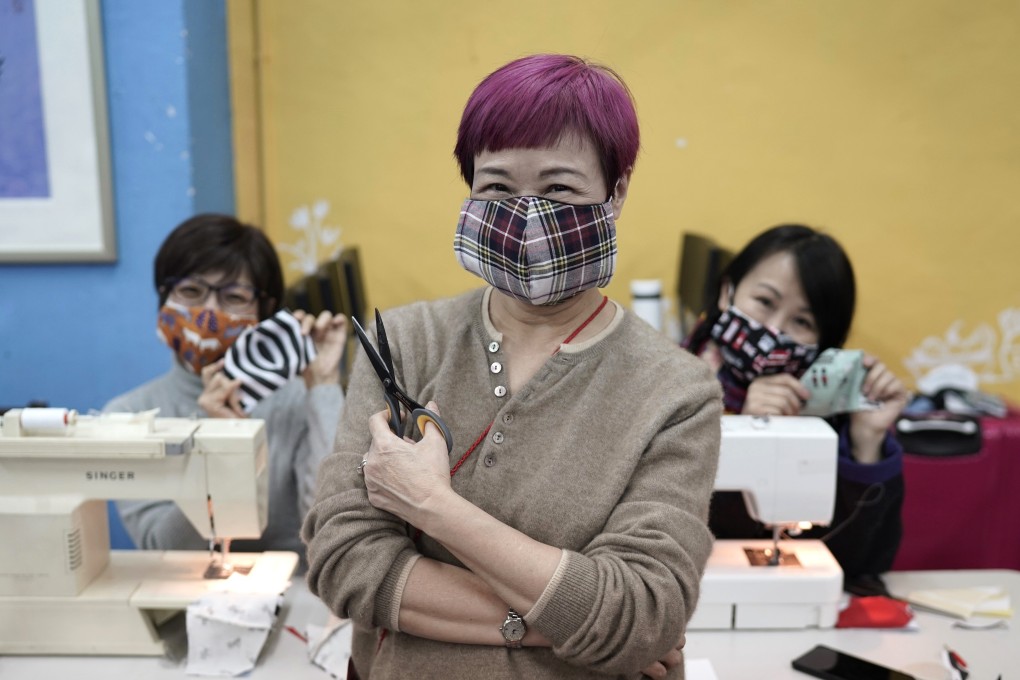Letters | Coronavirus in Hong Kong: why city must do more to promote use of reusable masks

If Hong Kong needed any warning for a complete switch to reusable masks, this is it. Mask-wearing has become second nature for Hongkongers during the coronavirus pandemic, but the reason many people choose use-and-throw masks is that they are worried about the effectiveness of the cloth version and using disposables is just more convenient.
However, the article really forces us to pay attention to the environmental threat caused by discarded face masks, and choose the sustainable option instead.
Face masks are of course a must during the pandemic. Moreover, Covid-19 might not be controlled in a short time. The government has done its bit by already sending out two batches of reusable CuMask+ masks to all residents. However, to save marine life and the environment, the government should promote the adoption of cloth reusable masks more strongly, and eliminate any misunderstandings about their ability to protect.

01:37
Masks and gloves found in the Mediterranean Sea raise concerns about coronavirus-linked pollution
Further, this is a global issue and countries should cooperate on solving the problem. The people of the world should be able to find a balance between protecting both themselves from Covid-19 risks and the marine environment from pollution.